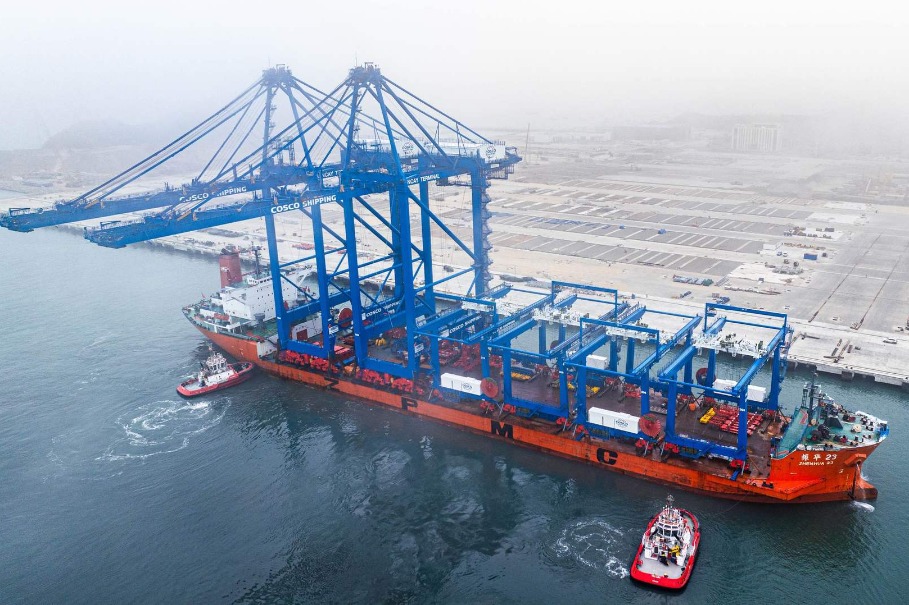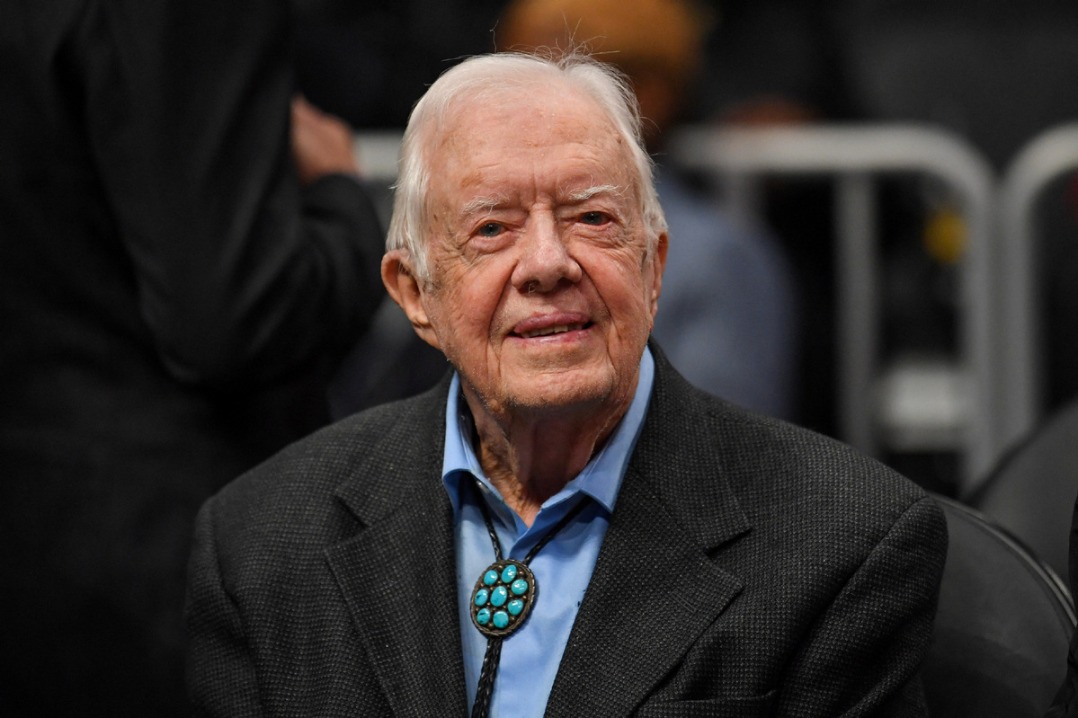US, ROK will ruin legacy of Winter Olympic Games with military drills


The Winter Olympics in Pyeongchang, which came to a close on Sunday, offered the two sides on the Korean Peninsula a chance to deescalate tensions. The international community is closely watching developments after the games.
The Pyeongchang Olympics was an event where "breakthroughs" happened. Kim Yo-jong, the younger sister of Democratic People's Republic of Korea's leader Kim Jong-un, became the first member of the Kim family to visit the Republic of Korea. As her brother's special envoy, she delivered his invitation to ROK President Moon Jae-in to visit Pyongyang.
The ROK and the DPRK marched under a prounification flag and fielded a unified women's ice hockey team at the Games.
Also, the United States agreed with the ROK to delay their annual joint military drill until after the Paralympics that end on March 18. The militaries of the two countries usually hold joint military exercises, known as Key Resolve and Foal Eagle, in the ROK in March and April. The drills, which can involve as many as 17,000 US troops and more than 300,000 ROK soldiers, have been denounced by the DPRK as preparations to invade it.
Whether the recent cooling of tensions between the DPRK and the ROK before and during the Winter Olympics will lead to wider contacts is still unclear. But it seems the sounds of guns will roar again as negotiations between the US and ROK to stage the postponed military drills are moving forward. Marc Knapper, the current charge d'affaires at the US Embassy in Seoul-the US has had no ambassador to the ROK for over a year-said earlier this month that the drills would be conducted in April.
The DPRK has said it is "fully ready for both dialogue and war", blaming the US for trying to prevent inter-Korea relations from improving.
US President Donald Trump and Japanese Prime Minister Shinzo Abe confirmed in their phone talks on Feb 14 that there would be "no meaningful dialogue" unless the DPRK agreed on "complete, verifiable and irreversible denuclearization".
Japan has called for maintaining "maximum" pressure on the DPRK, claiming that "dialogue for the sake of dialogue would be meaningless". When Abe visited the Baltic and eastern Europe in January, he urged the Baltic NATO states to support the pressure being imposed on the DPRK.
At the meeting with Moon before attending the opening ceremony of the Winter Olympics, Abe asked him to quickly resume the ROK's joint military drills with the US after the Pyeongchang Olympics without scaling them down in order to keep the pressure on the DPRK to give up its nuclear and missile development. Moon, however, dismissed Abe's request, calling it a violation of his country's sovereignty.
Tokyo and Washington continue to maintain a tough stance toward the DPRK while Seoul wants engagement with Pyongyang. The ROK president can't take the liberty of visiting Pyongyang without the consent of the United States, but he wants to create an environment conducive for an intra-Korean summit.
The Trump administration's policies toward the ROK and DPRK concern even US foreign policy experts. Trump has scrapped his nomination of Victor Cha as US ambassador to the ROK allegedly because Cha and Trump have differences of opinion on DPRK policy. Cha, a former Bush administration official and Georgetown University professor, warned the Trump administration officials against a "bloody nose" military strike against the DPRK.
Moon has emphasized that a resumption of dialogue between the DPRK and the United States "is absolutely necessary for developments in inter-Korean relations".
Both US Vice-President Mike Pence and Secretary of State Rex Tillerson have spoken of a DPRK policy that is one of "maximum pressure and engagement at the same time".
We have not seen the softer approach. The US should have direct talks with the DPRK, offering confidence-building initiatives aimed at the DPRK's eventual denuclearization.
Experts believe that dialogue would be useful even if it doesn't lead to immediate progress on denuclearization, because maintaining open channels of communication could prevent a miscalculation that could lead to an unintended conflict.
Instead the US-ROK military drills are expected to increase tensions again.
The author is China Daily Tokyo bureau chief. [email protected]


































